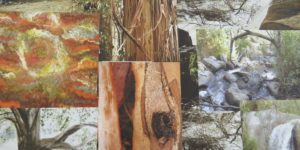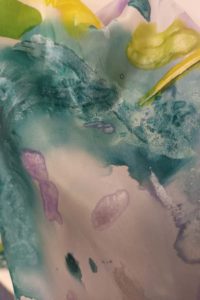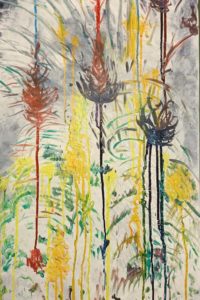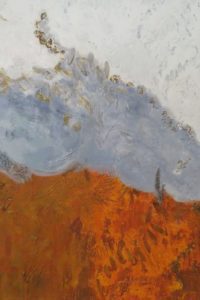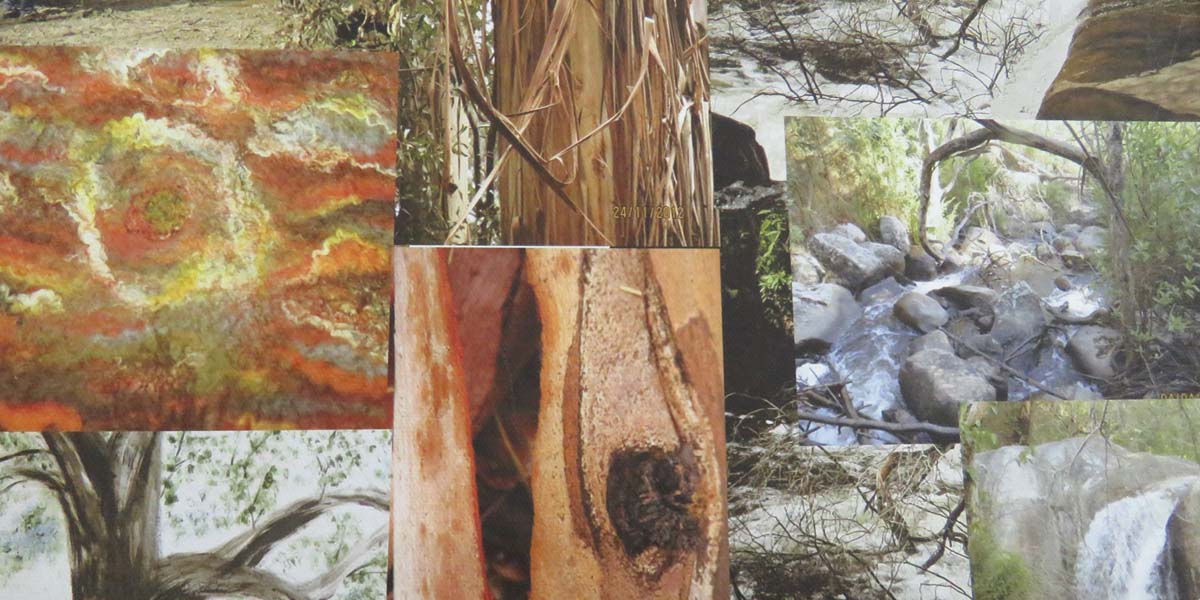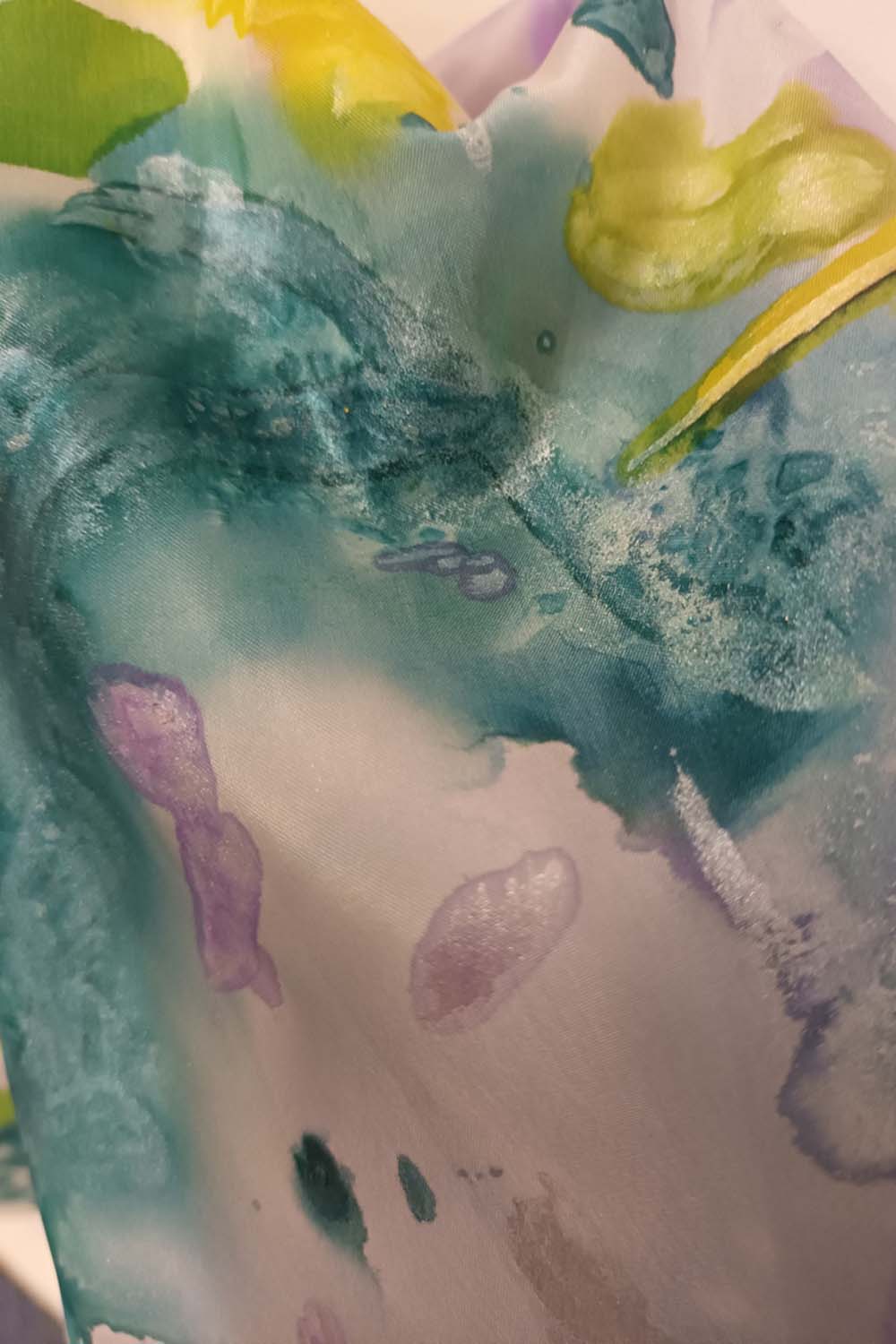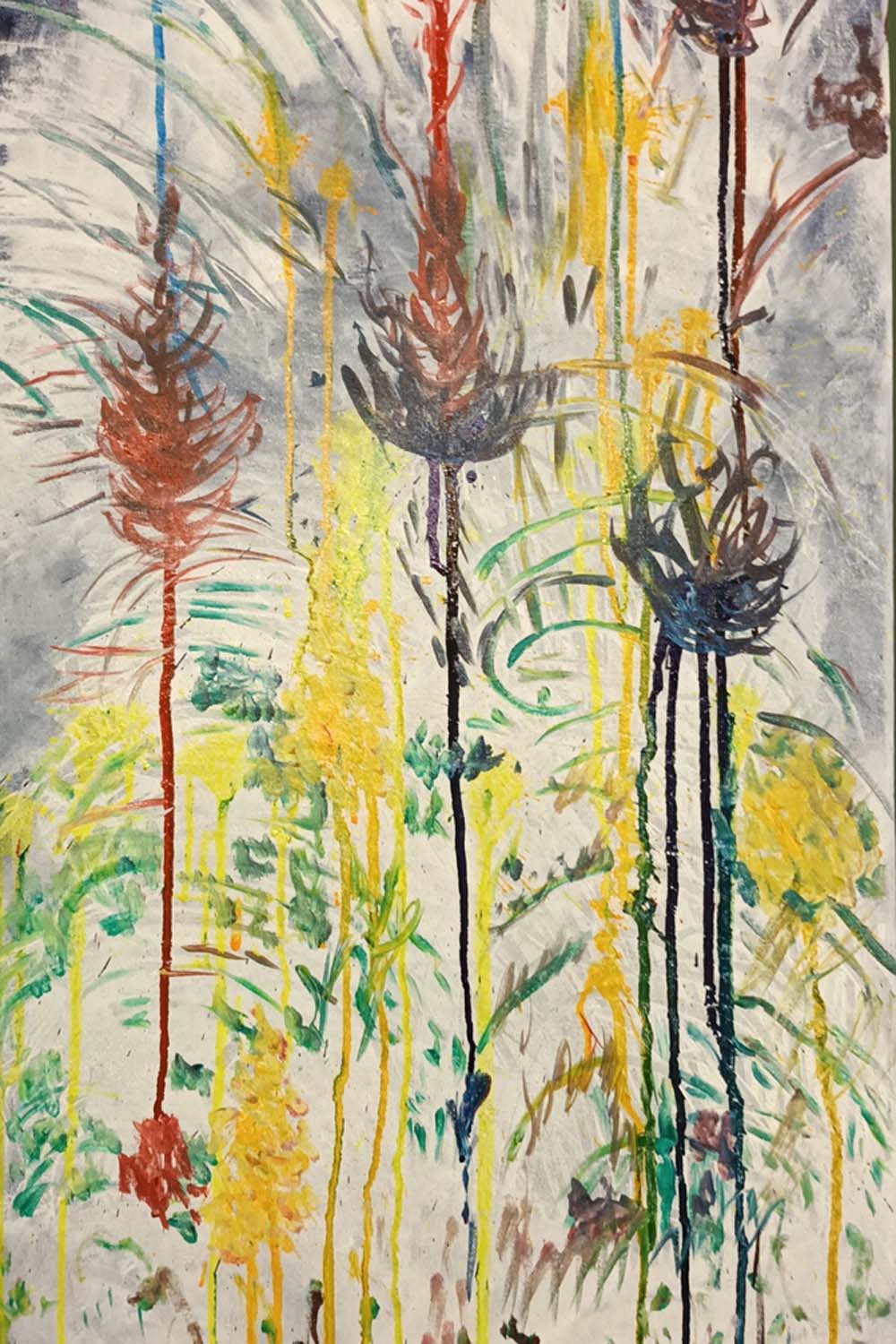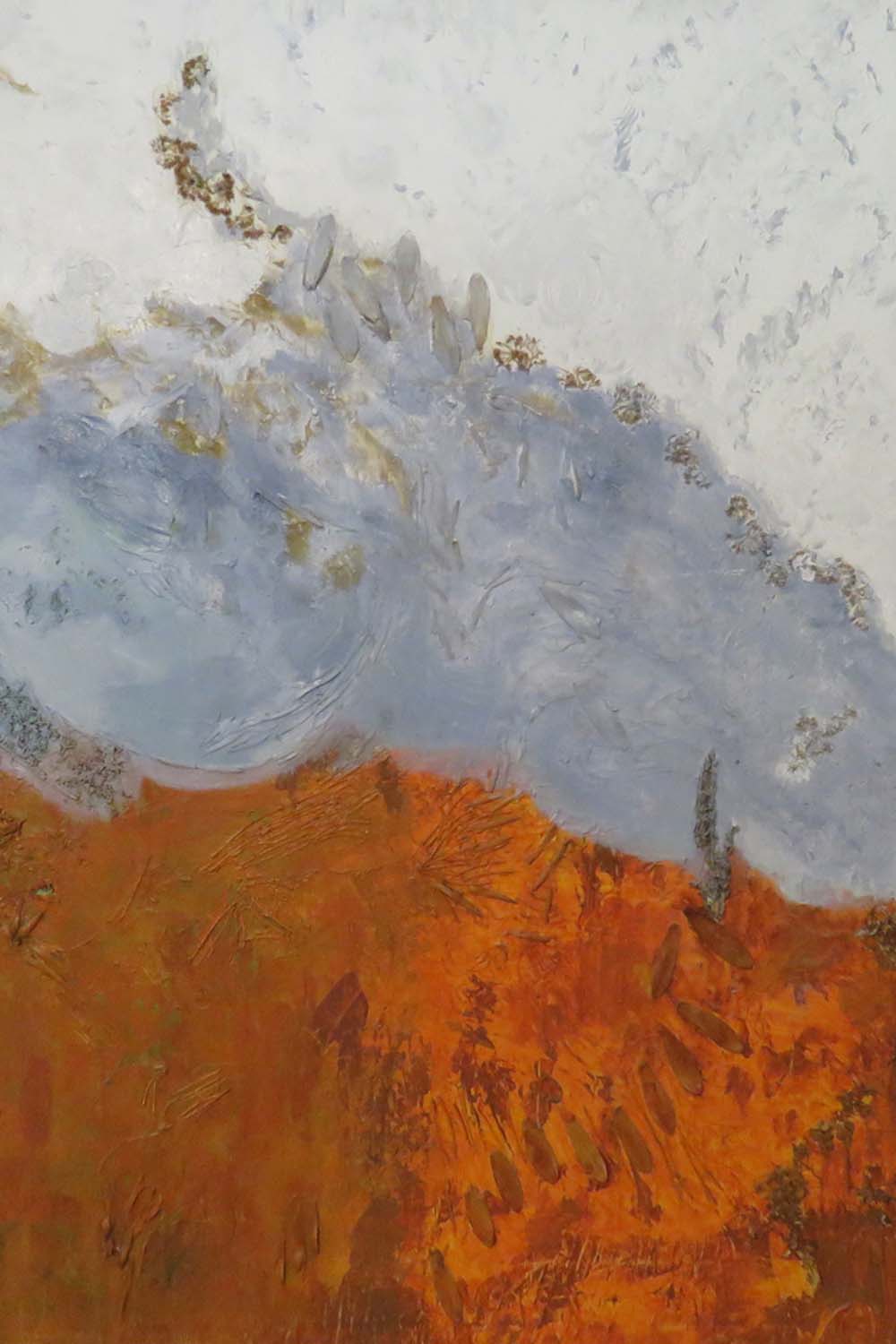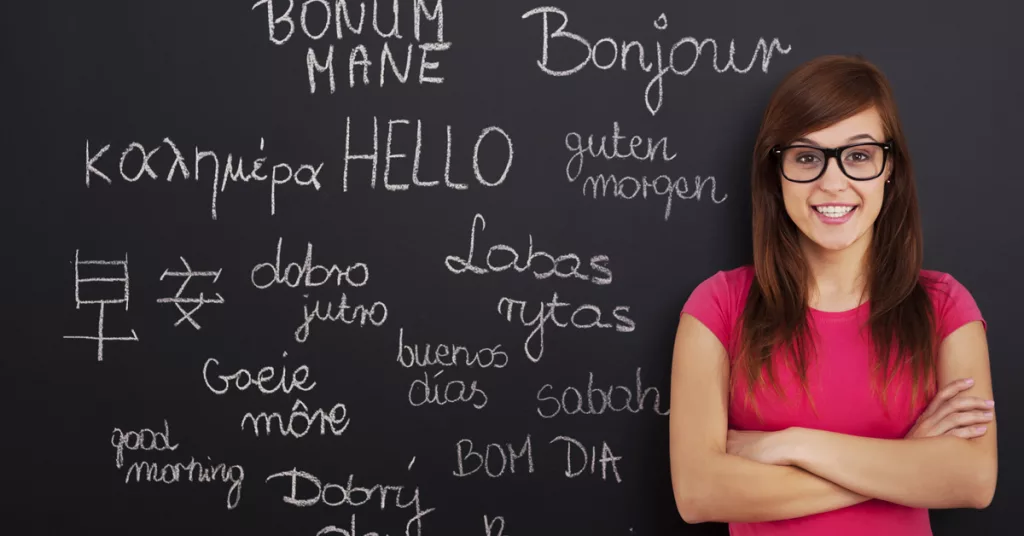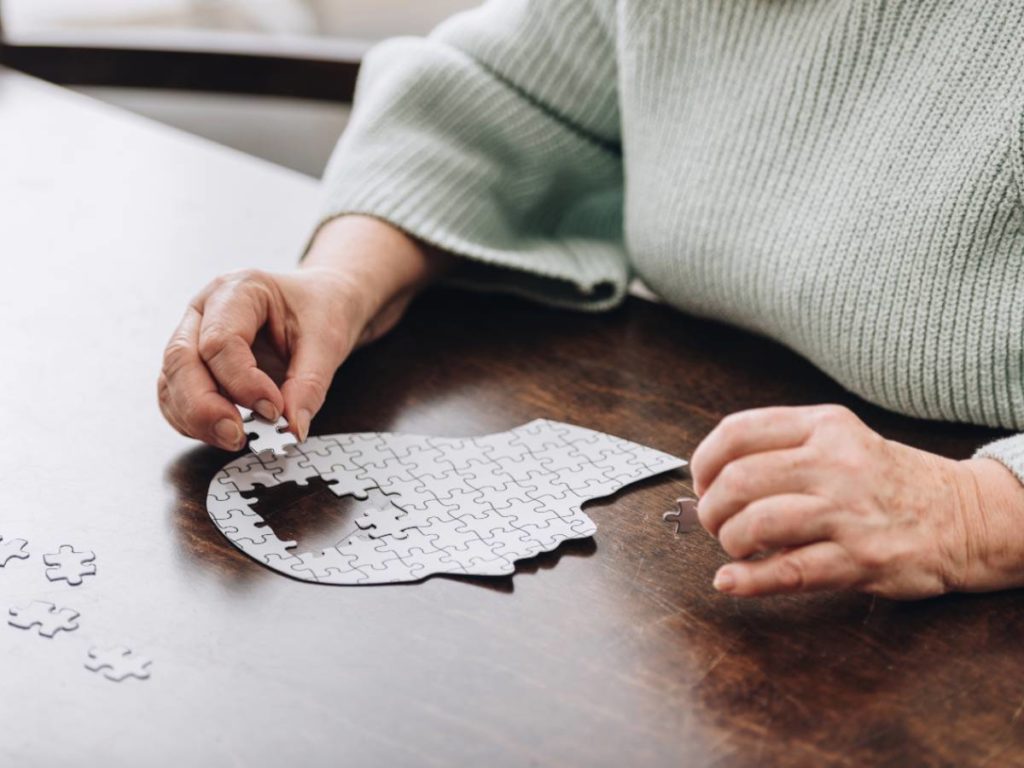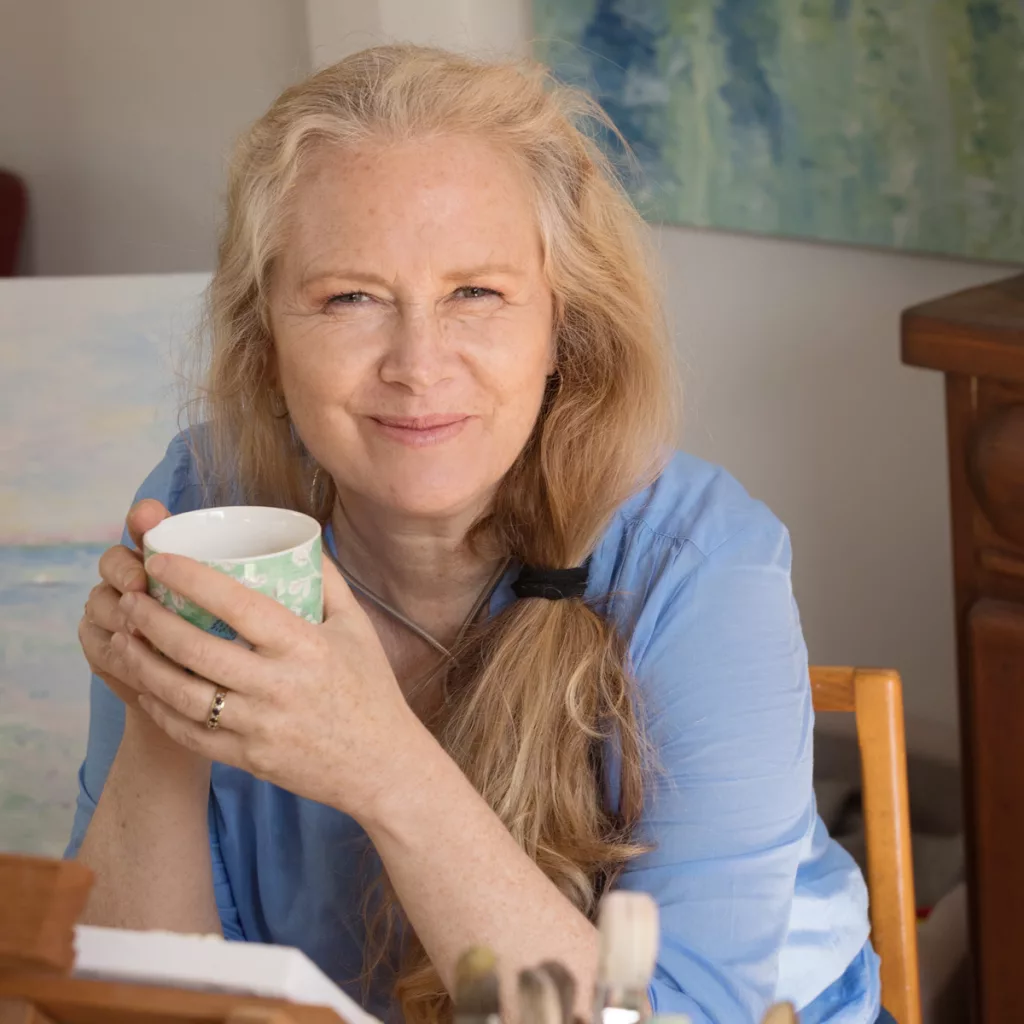There is no doubt that creative pursuits, such as painting, sculpting, dancing, music and writing, give people immense pleasure, enabling them to develop skills, express themselves and generally have fun. However, it may surprise you to learn that the arts can also be used for a more serious purpose – helping people to overcome psychological difficulties. This area of practice is known as art therapy.
Mary White has been an art therapist, as well as a family therapist, for many years. Where appropriate, Mary uses a range of creative activities to help people safely explore and express their inner world and, in the process, gain a better understanding of themselves and their situation.
As Mary explains, “You don’t need to be artistic to engage in problem-solving in a different way. Exploring difficult or complex problems or feelings is never easy. For some people, creative activities, in conjunction with psychotherapy, provide an effective tool for accessing those things that are not known or not able to be expressed in a conventional way.”
Mary believes that every client knows, at some level, exactly what they need to heal, grow and overcome what’s holding them back. Art, writing, music, dance, drama and even playing in sand trays can help them uncover this knowledge and use it to attain better mental, physical and spiritual health.
Throughout this process, Mary emphasises that her clients are in control. “Clients go as far as they want to go, which is monitored by me to ensure that the process is safe and ethical. I am a co-companion with them on their journey. In consultation, there is a beginning and end point to all therapy, which is evaluated regularly to ensure the client is getting the best out of the therapy.”
Mary sees art therapy as a process of enquiry, of exploration. “It’s about allowing what needs to be known to arrive for the client with encouragement to pause and reflect by asking ‘What are you observing, what are you experiencing and where do you want to go from here?”
In guiding clients through this process, Mary uses her considerable knowledge and experience as both an art therapist and family therapist. The theoretical principles of these disciplines underly all of her work.
However, Mary is quick to emphasise that art therapy isn’t for everyone and deciding which methods are appropriate, and even whether she is the right practitioner for someone, is part of the initial assessment she undertakes with each client.
Mary helps clients with a wide range of issues including anxiety, depression, loss and grief, trauma, relationship breakdown, family conflict, behaviour problems and school refusal. She also sees people who are simply at a crossroads in their life. Someone may be unsure of themselves, not know which direction to take, or may just want to explore their creativity. It is all part of the work in therapy.
Mary’s involvement in art therapy began, not because she was identifying as an artist, but because art therapy helped her in her own life. In fact, Mary is quite insistent she is not an artist – although looking at the silk scarf, photographic collage and paintings she has created, it is obvious she has an abundance of artistic talent.
Mary’s journey into art therapy began with a ten-week course at the Centre for Ecology and Spirituality in Glenburn (now closed). The course started the day before Black Saturday and so Mary, who came down from Sydney, was very much part of that traumatic time. Through this course, Mary discovered the value of creative activities in addressing her own issues and, after the course, was invited to work at the retreat centre helping others. Mary remembers this as a rewarding time “helping people come alive” through all forms of creative expression.
After a few years, Mary left the centre and studied for a master’s degree in creative arts practice, with a focus on education, at the MIECAT Institute in Fitzroy, Melbourne. Mary was already a qualified secondary school teacher and found she was able to use art therapy in her home liaison role helping students with learning, behaviour and family difficulties.
Last year, Mary also completed a master’s degree in family therapy at La Trobe University, adding to the certificate in family therapy she obtained in 2020. These studies gave Mary a stronger theoretical framework for her work.
“I was aware that life’s issues derive from trans-generational family experiences. Who I am today is because of the family I have come from, and the study of family therapy brought insight into this reality.”
Counselling sessions with Mary are by appointment. Mary has rooms in Alexandra, but she is also happy to work with people via Zoom. Her experience with Zoom during COVID taught her that this method actually works well for family therapy, especially with children, because they don’t have to be in the same room as other family members.
There are no set number of sessions for therapy. Some people may be happy with one session, others may want or need more. Fees are on a scale and are negotiable because Mary does not want financial constraints to prevent people from coming through her door.
You don’t need a referral to see Mary, although she certainly takes referrals from teachers, school counsellors, GPs and other health and welfare professionals.
When asked what message she would like to give to people about her work, Mary says: “If you want to find ‘the more of yourself’ come and have a chat. My door is open.”
To make an appointment, or to find out more, you can phone Mary on 0427 724 125 or email her at mwhitetherapist@gmail.com.
